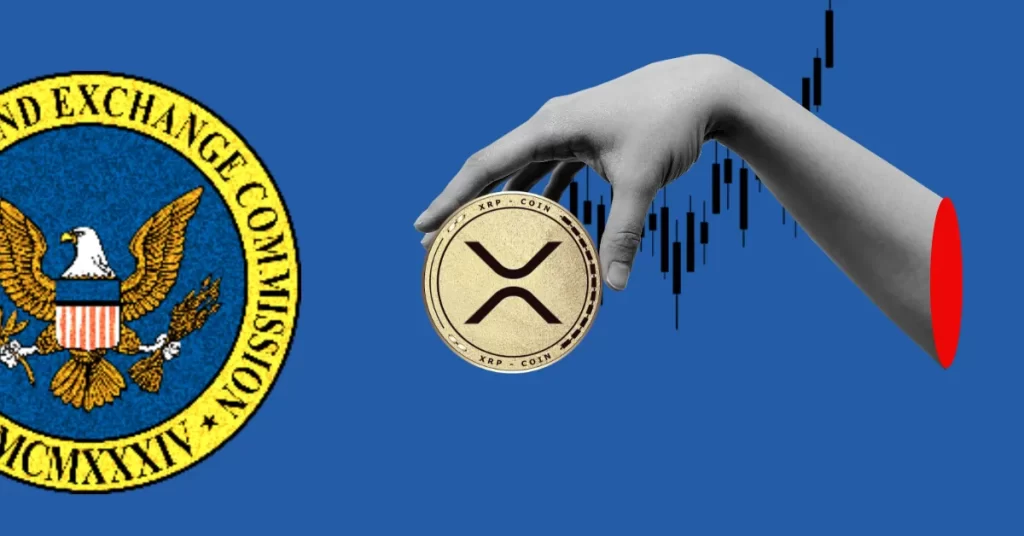
The post Ripple News Update – Decoding the XRP Legal Drama, Legal Experts Clarifies on Common Enterprise Assumption appeared first on Coinpedia Fintech News
The legal battle surrounding XRP, Ripple, and the Securities and Exchange Commission (SEC) has taken an interesting turn. The conversation, led by John Deaton, founder of CryptolawUS and attorney, and Bill Morgan, an Australian Lawyer, and digital asset enthusiast, focuses on the notion of XRP holders and Ripple forming a “common enterprise,” an essential aspect of the SEC’s claims.
Deaton’s Perspective
John Deaton, who has been at the center of this legal battle for some time now, presented an in-depth narrative of his journey on Twitter. As an investor in Bitcoin, Ethereum, and XRP, Deaton highlighted his commitment to fighting against what he perceives as SEC’s overreach in the crypto space. He recounted instances of backlash from both Bitcoin and Ethereum supporters, even as he criticized the SEC’s treatment of Ripple and XRP.
Deaton’s defense largely rests on his assertion that the majority of first-time XRP buyers were largely unaware of Ripple’s existence. Moreover, they invested in XRP for its technological advantages, such as its speed and cost efficiency compared to Bitcoin and Ethereum.
Judge Torres’ Ruling and Its Implications
Deaton emphasized his support for Judge Torres’ ruling, which he considers to be the correct interpretation of the Howey Test applied to XRP. According to Deaton, the SEC failed to meet the three prongs of the Howey Test, namely investment in a common enterprise with an expectation of profit from the efforts of others.
He pointed out that the SEC was unsuccessful in establishing a common enterprise between Ripple and XRP holders. The ruling posits that XRP holders can make profits or sustain losses independently of Ripple or other XRP holders.
Deaton confidently highlighted Judge Torres’ record on appeal, predicting that the SEC will face a tough battle to reverse her decision.
Bill Morgan’s Standpoint
Australian Lawyer and digital asset enthusiast, Bill Morgan, endorsed Deaton’s point about the absence of a common enterprise between XRP holders and Ripple. Morgan highlighted a significant point Deaton made regarding XRP holders who choose to loan out their XRP.
Citing the Celsius bankruptcy case, Deaton argued that XRP holders who had loaned their tokens to Celsius suffered losses independent of Ripple and other XRP holders. This example, he argues, negates the SEC’s claim of horizontal commonality under existing law in the 2nd Circuit.

 1 year ago
130
1 year ago
130














 English (US) ·
English (US) ·